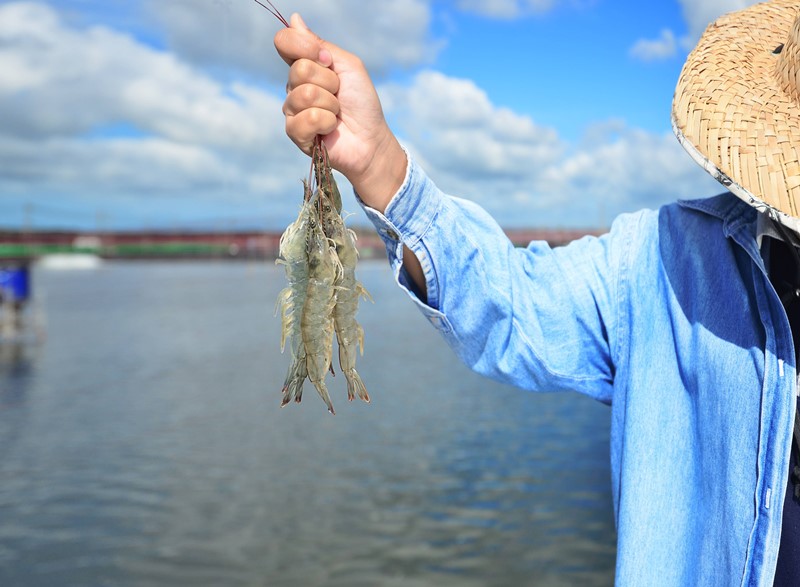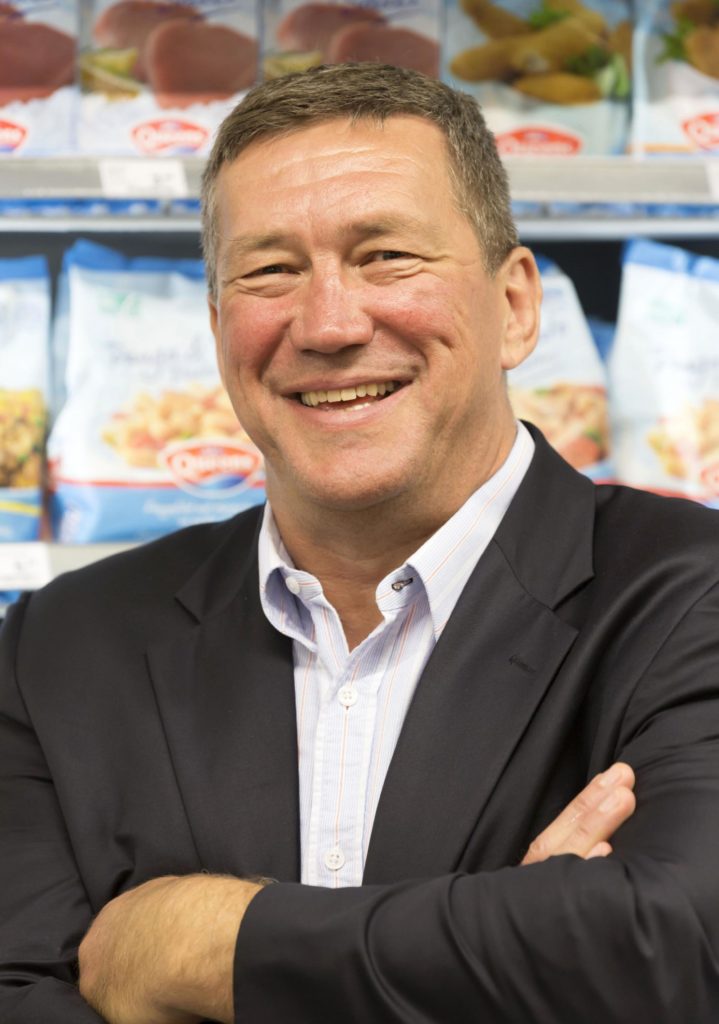ASC Feed certification for Thai Union

Seafood giant Thai Union has become the first Asian producer to win Aquaculture Stewardship Council (ASC) certification for one of its feed plants.
The single-site certification for Thai Union’s Mahachai Plant, located in Thailand’s Samut Sakhon province just west of Bangkok, is the first ASC Feed Standard certification in Asia. The feed mill produces feed for seabass, seabream and meagre, tilapia and shrimp.
In order to achieve certification, Thai Union undertook a rigorous audit process over several months. The conclusion of the audit established that their processes and performances meet the ASC Feed Standard’s robust environmental and social requirements. Control Union was the independent certifier.
Chris Ninnes, ASC CEO, said, “We are delighted that Thai Union has joined our Feed Programme. Their certification – the first feed mill certified in Asia – is another landmark moment of progress for ASC’s Feed Standard as it represents the growing global spread of more environmentally and socially responsible feed production.
“It is also the first certified mill that produces feed for shrimp. With Asia being a particular global hotspot for shrimp farming, ensuring ASC compliant feed is accessible in the region is a significant step forward in promoting and enabling more responsible shrimp farming practices.”

Chris Ninnes, ASC
Peerasak Boonmechote, CEO of Thai Union Feedmill, added, “Securing the first ASC Feed certificate in Asia underscores our deep commitment to sustainability at the heart of our operations. This is a key step in increasing the availability of responsible feed as part of Thai Union Group’s commitments under its global sustainability strategy, SeaChange® 2030. This certification also reinforces our dedication to leading the industry towards a more sustainable and responsible future.”
Thai Union is benefiting from a recently announced ASC incentive, under which feed mills that are certified in 2024 will not have to pay licence fees on the volume of compliant feed they produce this calendar year.
The ASC’s Feed Standard requires that feed mills meet strict environmental and social requirements; source ingredients from socially responsible suppliers; and use environmentally responsible raw materials. The Feed Standard was launched on 15 June 2021 and became effective on 14 January 2023.
ASC-certified fish farmers have until October 2025 to ensure that their feed supply comes only from mills certified under the Feed Standard. If not, the farmers risk losing their own certification.
Previous certifications – for Vimifos and Skretting – were achieved for sites in Latin America (Mexico and Chile) earlier this year.
Decarbonising the shrimp supply chain
Meanwhile, Thai Union has also launched an innovative program to significantly reduce greenhouse gas (GHG) emissions within the shrimp supply chain. The company says the Shrimp Decarbonization initiative, which was developed in collaboration with global environmental organization The Nature Conservancy (TNC) and Ahold Delhaize USA, marks a significant step towards more sustainable aquaculture practices.
The pilot program has a target of producing 1,000 metric tons of processed shrimp that is both lower impact and meets the highest product quality standards. The shrimp will be imported by Thai Union subsidiary, Chicken of the Sea Frozen Foods, and fully traceable from hatchery to the final point of shipment. This initiative demonstrates Thai Union’s commitment to environmental stewardship and its ambition to lead the seafood industry towards a more sustainable future by driving towards its SBTi-approved 42 percent reduction in GHG emissions within its own operations and supply chain.
“Working alongside The Nature Conservancy allows us to pioneer a model of shrimp production that is not only more environmentally responsible but also economically viable. Our pilot program for 2024 is a testament to our dedication to reducing carbon emissions and setting new sustainability benchmarks in the seafood industry,” said Adam Brennan, Chief Sustainability Officer at Thai Union. “The Shrimp Decarbonization program is not just about reducing emissions; it’s about transforming the shrimp industry into a more sustainable, efficient, and equitable sector. By proving that sustainable practices can lead to economic benefits, we aim to inspire and lead the way for the entire industry.”

